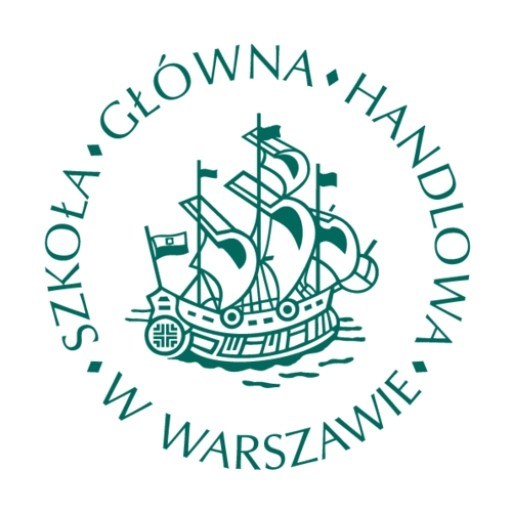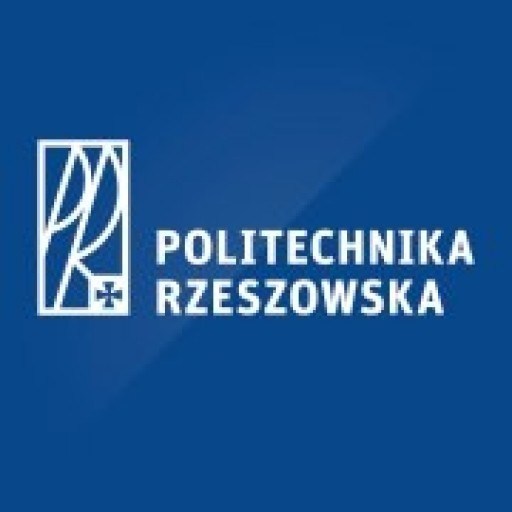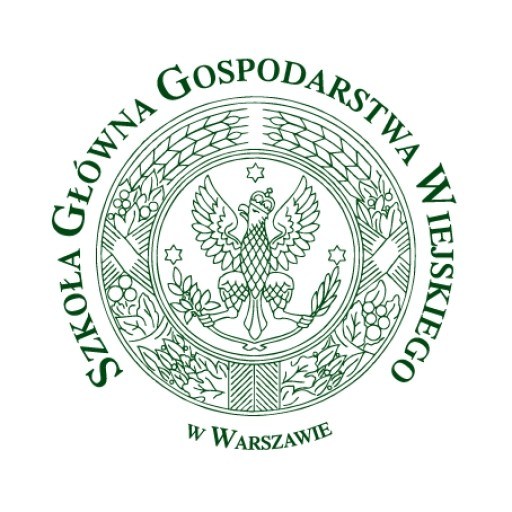Quantitative Methods in Economics and Information Systems at SGH Warsaw School of Economics is a comprehensive, interdisciplinary program designed to equip students with the advanced analytical and technical skills necessary to excel in the fields of economics, data analysis, and information systems. This program combines rigorous training in quantitative techniques, econometrics, computer science, and financial analysis, preparing graduates to meet the demands of rapidly evolving markets and technology-driven environments. Students will gain a solid foundation in mathematical modeling, statistical analysis, programming, and data management, enabling them to analyze complex datasets, develop predictive models, and support data-driven decision-making processes across various sectors. The curriculum includes courses in micro and macroeconomics, quantitative methods, data structures, algorithms, database systems, and programming languages such as Python and R, providing a well-rounded education that bridges theory and practical application. Throughout the program, students have opportunities to participate in projects, internships, and collaborations with businesses and research institutions, fostering their professional development and networking abilities. Advanced seminars and workshops focus on current challenges in economic modeling, financial technology, and information systems security, ensuring graduates are prepared for contemporary issues in their careers. The program emphasizes critical thinking, problem-solving, and innovation, making graduates highly competitive in the job market for roles such as data analyst, financial analyst, IT consultant, or economist. Graduates of this program are well-positioned to pursue further studies or enter the workforce in sectors including finance, consulting, government agencies, and technology companies. With a strong emphasis on both theoretical knowledge and practical skills, the Quantitative Methods in Economics and Information Systems program at SGH Warsaw School of Economics prepares students to become expert analysts and decision-makers in the data-driven economy of the 21st century.
The Quantitative Methods in Economics and Information Systems program at SGH Warsaw School of Economics is designed to equip students with advanced analytical skills essential for understanding and solving complex problems in economics and information systems. The curriculum provides a comprehensive overview of quantitative techniques, including statistical analysis, mathematical modeling, data analysis, and computational methods, all tailored to applications in economic research and information management. Students will learn how to collect, interpret, and utilize data effectively, enabling them to make informed decisions in dynamic economic environments and digital contexts. The program emphasizes the development of critical thinking and problem-solving skills through both theoretical coursework and practical projects. Key topics include econometrics, forecasting methods, database systems, programming languages relevant to economic analysis, and the application of information technology in business processes. Special attention is paid to the use of modern software and programming tools such as R, Python, and SQL, empowering students to handle large datasets and perform complex analyses. Throughout their studies, students engage with case studies, real-world datasets, and collaborative projects that mirror professional tasks faced by economists and IT specialists. The program prepares graduates for careers in economic analysis, financial consulting, data science, IT consultancy, and roles requiring advanced quantitative expertise. With close ties to the economic and technological sectors, the program also offers opportunities for internships and collaboration with industry partners, fostering practical experience and networking. Graduates will be equipped with a solid foundation in quantitative methods, enabling them to contribute effectively to data-driven decision-making processes in various organizations. The program’s interdisciplinary approach ensures that students not only master technical skills but also understand their application within broader economic and technological systems, making them versatile and competitive in the evolving job market.
Bachelor’s or higher degree (any major), confirmed proficiency in English.
Financing for the Quantitative Methods in Economics and Information Systems program at SGH Warsaw School of Economics is primarily provided through a combination of tuition fees, government funding, and scholarship opportunities. The program's tuition fees are set annually and depend on whether students are from the European Union or from outside the EU. International students generally pay higher tuition fees, which are established to reflect the program's high standard of education and the costs associated with delivering specialized courses in quantitative methods, economics, and information systems. Polish and EU students benefit from subsidized tuition fees, aligned with national policies promoting access to higher education.
SGH Warsaw School of Economics offers various scholarship programs aimed at supporting economically disadvantaged students, high-achieving individuals, and those demonstrating exceptional academic or extracurricular accomplishments. These scholarships can significantly offset the overall cost of studies and are awarded based on merit, financial need, or specific criteria set by the university. Additionally, students have access to government student loans and grants, which can be used to finance their studies and living expenses during their time at SGH.
Many students also seek external funding sources, such as private scholarships, industry sponsorships, or European Union funding programs aimed at fostering mobility and lifelong learning. The university provides comprehensive support and guidance to students interested in applying for these funding options. Furthermore, part-time work opportunities on or around the university campus are available to help students supplement their income while studying.
The university's financial aid policies are designed to ensure that talented students from diverse backgrounds can access high-quality education in the field of economics and information systems without undue financial hardship. The costs associated with the program include tuition, fees for library and laboratory resources, access to digital platforms, and participation in international exchange programs, which are often subsidized or supported through partnerships.
Overall, financing the Quantitative Methods in Economics and Information Systems program involves a mix of institutional funding, government support, scholarships, and personal financial planning, ensuring that students can focus on their academic and professional development without excessive economic barriers.
The Quantitative Methods in Economics and Information Systems programme at the SGH Warsaw School of Economics is an interdisciplinary degree designed to equip students with advanced analytical and technical skills essential for modern economic and information systems analysis. The curriculum combines rigorous coursework in mathematics, statistics, and data analysis with in-depth studies in economic theory and information technology. Students gain a comprehensive understanding of quantitative modeling, econometrics, data mining, and programming languages such as R, Python, and SQL, enabling them to interpret complex data sets and develop data-driven solutions for real-world problems. The programme aims to prepare graduates for careers in finance, consulting, IT, banking, and governmental institutions, where analytical competence and technological proficiency are highly valued. Throughout their studies, students participate in practical projects, internships, and collaborations with industry partners, providing them with valuable experience in applying theoretical knowledge to practical scenarios. The faculty comprises experienced academics and industry experts dedicated to providing high-quality education and mentoring. Graduates of this programme are equipped with the analytical mindset, technical skills, and economic understanding necessary to excel in a rapidly evolving digital economy. The programme also emphasizes continuous learning, critical thinking, and the ethical application of data analysis, ensuring students are well-prepared to adapt to emerging trends and challenges in their professional careers.








